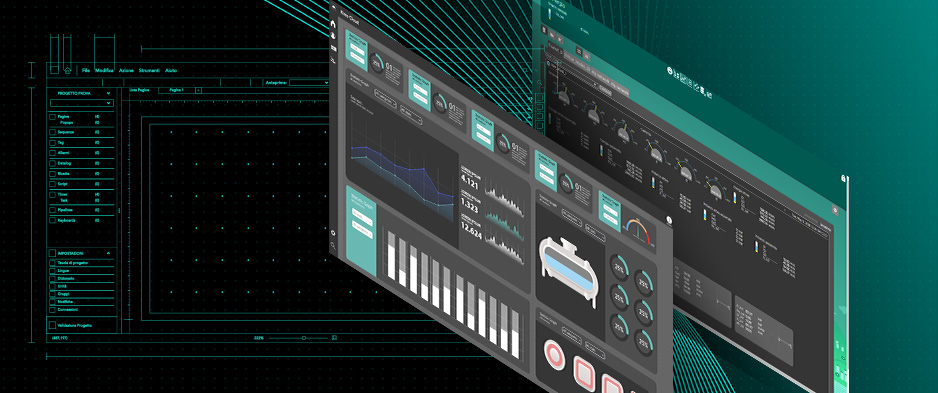Industrial Analytics is the collection, processing and use of data generated in industrial operations and during the entire life cycle of products or services. Although it has been a common activity for several years with traditional methods of information acquisition and statistical modeling, its full potential is linked to the progress of digitization and connectivity promoted by Industry 4.0. From IIoT to Machine Learning, the fourth industrial revolution opens up an entire scenario of Big Data analysis and interpretation technologies with enormous strategic benefits for companies.
Here are the main advantages of Industrial Analytics for strategic data processing.
Compare data
The first benefit of Industrial Analytics is the ability to compare the data collected with other systems and information in order to generate new insights. This promotes access to increasingly updated and effective data on the basis of which planning production activities.
Optimize production
Advanced data analysis contributes to substantially increase the level of understanding of what happens in production operations. This also includes shedding light on previously impenetrable or even unknown problems, with the opportunity to solve them. This is essential to make the production process more efficient, maximizing resources and improving plant performance.
Accelerate innovation
A direct advantage of optimization is the opportunity to innovate the industrial sector faster thanks to the comparison of data and the processing of new, more complete and reliable information.
Improve product quality
Big Data and Industrial Analytics have inaugurated a new era in product quality control. Based on collected data, defective components can be rejected earlier in the production process through automated sensors. This minimizes the cost of defects. In addition, the availability of more information allows analysts to inspect defective products with greater precision, so as to design better test processes.
Monitor consumption
Consumption monitoring is one of the most strategic uses of Industrial Analytics. Efficiency is one of the most recurring themes in Industry 4.0 and the processing of consumption data is the key to cutting the environmental footprint and waste in production. This is why ESA developed its line of solutions for energy management. The Energyaware software, data meters and our Data Manager all allow to create an integrated system for measuring, monitoring and remote control of plant consumption.
Improve predictive maintenance
Predictive maintenance of machinery is perhaps the most important application of Big Data in a manufacturing context. Among the benefits of Industrial Analytics, in fact, the possibility of monitoring and modeling the performance of the machines through sensors stands out. Based on these models, timely data can be used to predict possible failures. The ability to anticipate such events puts the production line in a position to plan an appropriate response in time.

